
Read or listen offline
Recommendation
Economist Thomas L. Hogan plows fertile if esoteric soil in examining privately issued banknotes. Drawing from detailed research, Hogan explains how the US’s pre-Civil War “free banking” system enabled pure currency competition and resulted in economic stability, limited inflation and substantial growth. In this report from the generally conservative Cato Institute, Hogan contends that a move away from central banking could benefit US banks and put an end to inflationary policies that have devalued the dollar. Although many argue that emerging technologies and payment systems are making cash obsolete, Hogan constructs an argument for private money and the establishment of a global “commodity-based currency.” getAbstract suggests this thought-provoking report on the unusual subject of the economic and profit-making potential of private money to investors, analysts, and banking and finance professionals.
Take-Aways
About the Author
Thomas L. Hogan, an assistant professor of finance at Troy University in Alabama, is a former research fellow at the Cato Institute and the American Institute for Economic Research, and a former consultant to the World Bank.








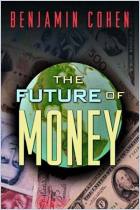
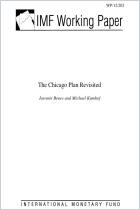
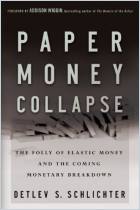
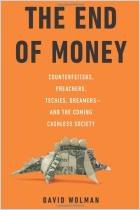
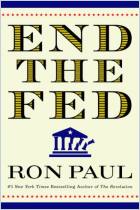
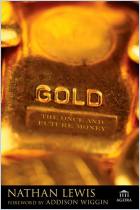






Comment on this summary or Comenzar discusión